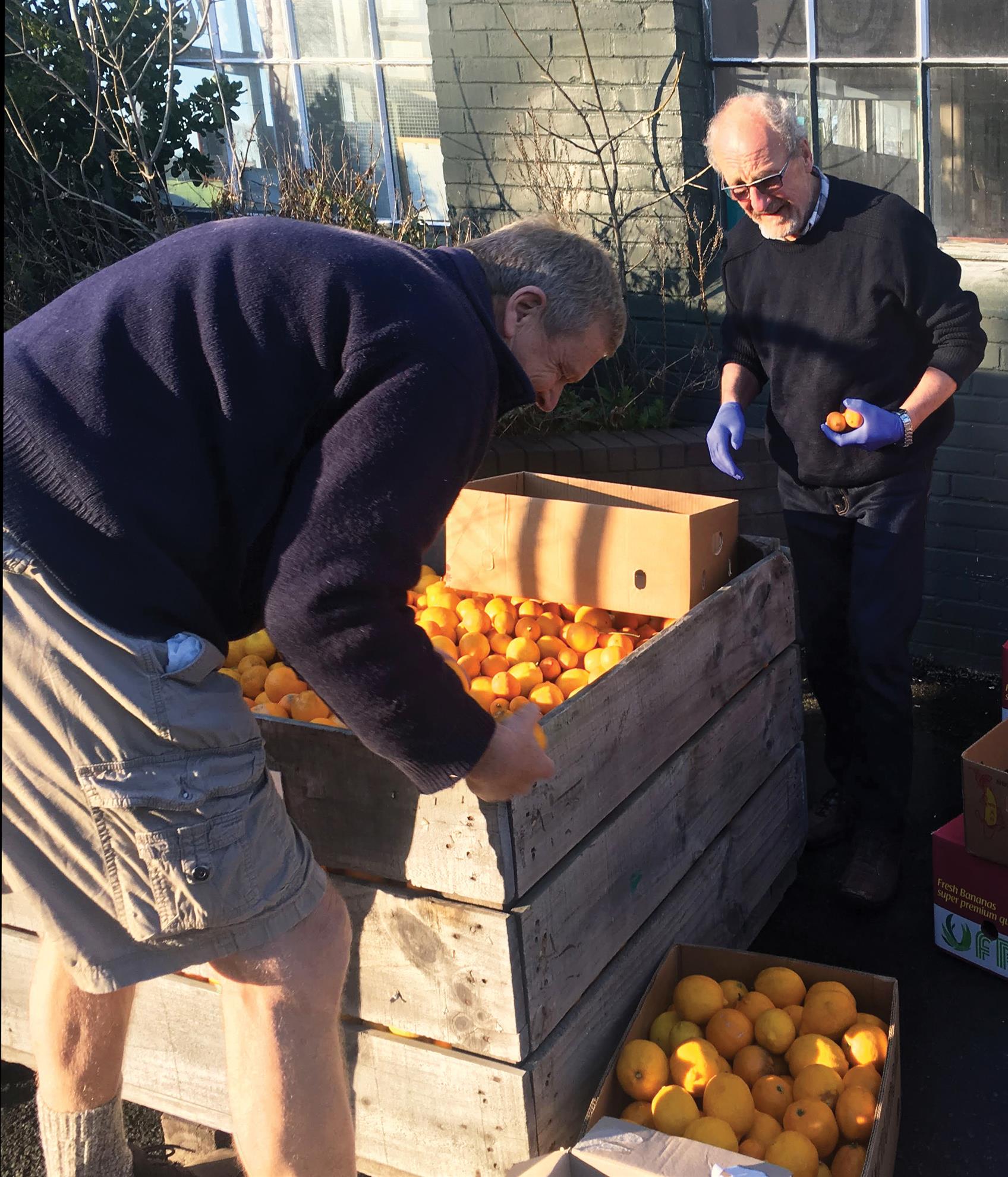New Zealand
 For more than 25 years, the Rotary Club of Ahuriri (Napier), in the Hawke’s Bay region of New Zealand’s North Island, has reaped a bounty of excess oranges, lemons, and grapefruit for distribution to people in need. The fruit is shipped to Rotary clubs on the South Island, where citrus fruit is not so easily grown, and those clubs handle the distribution.
For more than 25 years, the Rotary Club of Ahuriri (Napier), in the Hawke’s Bay region of New Zealand’s North Island, has reaped a bounty of excess oranges, lemons, and grapefruit for distribution to people in need. The fruit is shipped to Rotary clubs on the South Island, where citrus fruit is not so easily grown, and those clubs handle the distribution.
In August the Ahuriri club collected 13 half-ton boxes of fruit. “Over the years, our club has arranged the collection of fruit to save it from being dumped,” says Mike Smith, a club member and a past governor of District 9930. “Years ago, the Rotary Club of Tawa asked our club if we could send them some citrus fruit for them to distribute to seniors to help ward off colds and the flu.” The effort has developed into “a master class in cooperation with volunteers, the public, and businesses,” including shippers who offer their services at no charge.
Colombia

In Colombia, the COVID-19 pandemic worsened food insecurity, in part because the crisis shut down much of the country’s informal economy. “The quarantine has affected the most vulnerable families in the city of Bogotá, especially those who depend on a daily income,” says Jaime Márquez, a member of the Rotary Club of Bogotá Capital. The club focused on the Altos de la Estancia area of Ciudad Bolívar, a poverty-stricken district in the capital’s hilly southwest, with a food donation campaign. The endeavor was planned to benefit farmers outside the city as well as people in the neighborhood. Rotarian Ana Milena Salazar and her husband, Antonio, led the effort. They collected funds and bought fruits and vegetables from 10 farming families in Sasaima, a municipality about 50 miles from Bogotá. The food was distributed to 346 families over four deliveries made by Sineambore, a local organic waste recycler, which also provided organic fertilizer to the farmers in the network.
Togo
Six Rotaract clubs in District 9102 — two in Togo and four in Benin — combined forces to construct a borehole well at a secondary school in Lomé, Togo. The Rotaract Club of Lomé Racines helped raise funds for the installation at the Adidogomé School of General Education in the Lankouvi area of Togo’s capital. The Lomé Racines Rotaractors were joined by members of the Rotaract Club of Lomé Horizon in Togo and, in Benin, the Rotaract clubs of Bohicon, Cotonou Centre, Cotonou Cocotiers, and Cotonou Palmier.
The well was inaugurated during a small, physically distanced ceremony late last March, notes Médard Tovi of the Lomé Racines club. He noted that the installation of the well could not have been better timed as the coronavirus crisis took hold. “The school was not equipped with a drinking water supply, and there was no water fountain in the surrounding area,” says Michelle Thérèse Houssou, club president. The well’s dedication was “a moment of intense joy.”
Lebanon

On 4 August, during a fire in the port area of Beirut, a cache of ammonium nitrate detonated in an explosion equivalent to at least 500 tons of TNT. The blast killed more than 200 people, injured some 6,000, and left 300,000 homeless. The disaster stirred Rotarians around the world to assist people who had been displaced as well as businesses that had been affected. Closer to home, clubs in District 2452, including the Rotary clubs of Chtaura-Bekaa Gate and Zahlé-Bekaa, both in Lebanon, responded within days of the explosion, says Walid Faraoun of the Chtaura-Bekaa Gate club. “Volunteers from the Rotary Club of Chtaura-Bekaa Gate and the Rotaract Club of Chtaura-Bekaa took action to do cleanup and initial food distribution, going from house to house for the first week,” says Faraoun. Rotarians “provided moral and psychosocial support, and donated furniture, appliances, and rechargeable emergency lamps,” says Maha Maalouf-Kassouf, president of the Zahlé-Bekaa club.
New Zealand

For more than 25 years, the Rotary Club of Ahuriri (Napier), in the Hawke’s Bay region of New Zealand’s North Island, has reaped a bounty of excess oranges, lemons, and grapefruit for distribution to people in need. The fruit is shipped to Rotary clubs on the South Island, where citrus fruit is not so easily grown, and those clubs handle the distribution. In August the Ahuriri club collected 13 half-ton boxes of fruit. “Over the years, our club has arranged the collection of fruit to save it from being dumped,” says Mike Smith, a club member and a past governor of District 9930. “Years ago, the Rotary Club of Tawa asked our club if we could send them some citrus fruit for them to distribute to seniors to help ward4,100: Acres devoted to citrus crops in New Zealand off colds and the flu.” The effort has developed into “a master class in cooperation with volunteers, the public, and businesses,” including shippers who offer their services at no charge.
